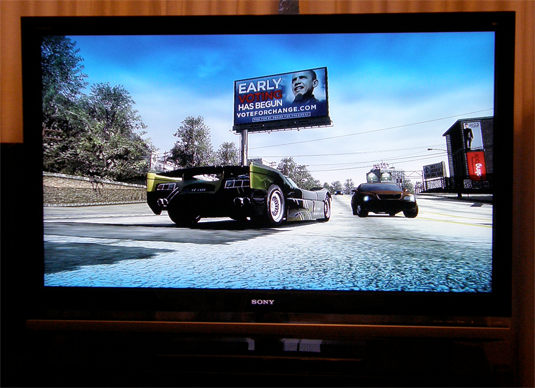Here we go again.
This week, a federal appeals court in Sacramento heard arguments as to whether the government should uphold a 2005 law to regulate and ban violent video game sales to minors.
We’ve already seen the same situation play out in Louisiana and Minnesota, where federal courts have struck down appeals. Other states’ attempts at similar laws never made it this far.
“Aren’t you asking this court to go where no court has gone before?” Appellate Judge Consuelo Callahan asked at the start of the trial–and rightfully so. These laws die without a causal link between video games and violent behavior. This hasn’t changed, though the state’s attorneys tried to raise evidence to the contrary.
Look, I’m all for not selling these games to kids. Even though the games of my youth–Doom, Mortal Kombat–started this hysteria, I understand video game violence looks a lot different now and should probably not be encountered by children unless a parent is there to explain it.
But the same is true for all violent media, whether it’s books, movies or music. Video games are worse, critics say, because they are interactive, but the potential payoff is greater when players identify with a character, deal first-hand with moral and social dilemmas or play online and work as a team.
There exists here a double standard. This law would relegate games to the same category as cigarettes and porn–vices, both of them. Want to buy the next Halo? You might have to pull it from one of those opaque top-shelf racks, the whole thing rapped in black cellophane. I’m of the mindset that video games aspire to the status of art; to treat them instead as porn would be catastrophic.
Another double standard comes to mind. We allow youth sports, which can entail real, physical violence and aggression, because they are viewed as a positive outlet. Why not let video games slide under similar logic?
A favorite argument by critics of violent video game legislation goes like this: Guys like state Sen. Leland Yee, who authored California’s law in 2005, want to punish video games because they don’t understand the medium. A better plan might be to work with the industry to improve self-regulation.
Let’s not waste any more time and money (the Entertainment Software Association countersues every state that tries to cripple the medium) demonizing video games and the people who enjoy them.

 If you haven’t been following the controversy over the PlayStation 3 killer app
If you haven’t been following the controversy over the PlayStation 3 killer app 